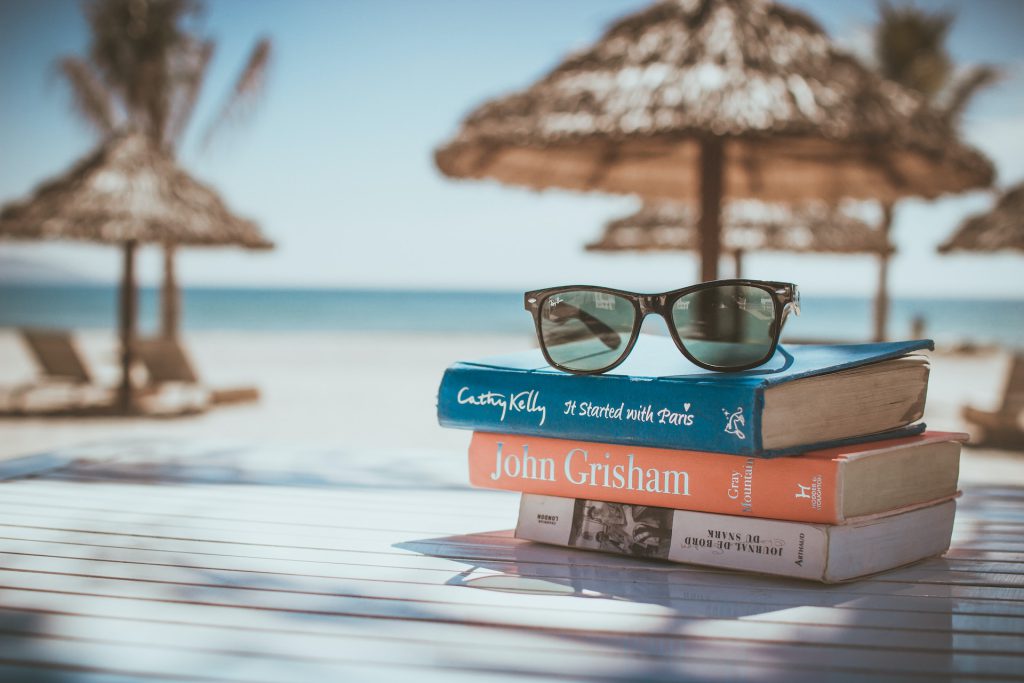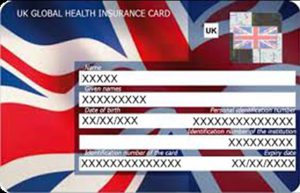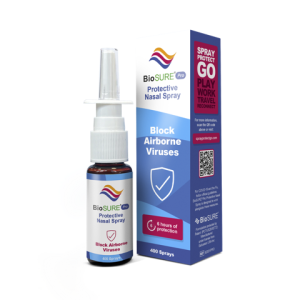Tips on staying healthy on a late summer holiday

It’s been a dreadful summer in much of the UK this year, so it’s not surprising that people rushing to book a late summer holiday in the sun. It’s a particularly good time for those who aren’t restricted to school holidays – and that includes many of us more mature citizens.
For a happy, healthy holiday, it’s worth taking time to plan how to be safe and comfortable both on the journey and in the sun. Here are a few answers to questions about how to make the most of a last-minute vacation.
Which travel insurance do I need?
It’s important to look at travel insurance on two levels.
 First, there’s the good but basic medical insurance provided in EU countries for holders of the Global Health Insurance Card (GHIC), which has replaced the pre-Brexit European Health Insurance Card (EHIC) – although if you already have an EHIC card, that will continue to work until its expiry date.
First, there’s the good but basic medical insurance provided in EU countries for holders of the Global Health Insurance Card (GHIC), which has replaced the pre-Brexit European Health Insurance Card (EHIC) – although if you already have an EHIC card, that will continue to work until its expiry date.
New cards for UK citizens are being issued under the GHIC scheme. In general the cards entitle you to medical treatment at state-run hospitals and surgeries at the same cost that locals are charged.
However, the GHIC and EHIC are limited in terms of the medical care that is covered and the countries that they cover. And they never cover repatriation costs.
So taking out the right travel insurance beyond these cards is highly recommended, even though it make take some research. That’s because there are travel insurance companies which will either refuse travellers with the ‘wrong’ medical conditions, or will quote very high premiums. There are, though, companies who specialise in this area, such as goodtogoinsurance (which I’ve used before quite happily though I didn’t make a claim). Do be honest with them in your application though. Being refused treatment or payment because you omitted to mention something important in your health history is a real possibility.
Can I protect against Covid?
I am not alone is having a residual anxiety about travelling in close quarters with others, as my age and health place me in the vulnerable but not super-vulnerable category for viruses such as Covid. There is talk about revaccination this autumn for the most vulnerable, the over 65s and those in caring jobs, but that may come too late for holiday travel.
 I was interested therefore to be pointed in the direction of the Biosure protective nasal spray, which claims 6 hours of protection against airborne viruses by creating an invisible physical barrier that blocks airborne viruses. The spray was launched in 2022, so doesn’t yet have a great history of reviews, but it looks promising. We will be trying out the sample sent by Biosure on our next flight.
I was interested therefore to be pointed in the direction of the Biosure protective nasal spray, which claims 6 hours of protection against airborne viruses by creating an invisible physical barrier that blocks airborne viruses. The spray was launched in 2022, so doesn’t yet have a great history of reviews, but it looks promising. We will be trying out the sample sent by Biosure on our next flight.
Should I worry about my skin in the sun?
Yes. We may have grown up in the days when day-long, year-round sun protection really wasn’t a thing, but we can do better than that now. Yet many still cherish the belief that a tanned skin is a healthy look. Unfortunately, overexposure can head to sore skin and inflammation at the least, and potentially skin cancer in the worst cases. So it really is worth tempering a desire for a golden glow with skin protection.
 Sunscreens are many and varied. Older skins are likely to be more sensitive. For a holiday where you’re outside more often than usual, it’s a good idea to choose something that’s water resistant and can be applied to all exposed skin. The strength of the sun will have a bearing too. Nivea has a tool on its site for checking the uv index at destinations. Today, for instance, it’s 7 in Barcelona, which is high.
Sunscreens are many and varied. Older skins are likely to be more sensitive. For a holiday where you’re outside more often than usual, it’s a good idea to choose something that’s water resistant and can be applied to all exposed skin. The strength of the sun will have a bearing too. Nivea has a tool on its site for checking the uv index at destinations. Today, for instance, it’s 7 in Barcelona, which is high.
Superintendent Pharmacist at Pharmica, Carolina Goncalves, advises that for older skin, it’s essential to prioritise broad-spectrum protection. She recommends looking for products with higher SPF values, such as SPF 30 or above. And for mature skin she recommends cream-based formulas. ‘These are more hydrating,’ she says, ‘and can help maintain the skin’s moisture barrier, guarding against dryness that often accompanies ageing. Mineral-based sunscreens containing zinc oxide or titanium dioxide are excellent choices as they create a protective barrier by reflecting UV rays.’
Carolina points out that sensitive skin is a common concern among mature individuals, so it’s wise to avoid harsh chemicals and fragrances.
‘Consistent reapplication is key, regardless of age,’ she adds. Apply sunscreen 30 minutes before sun exposure and then reapply every two hours, and after swimming or sweating, to ensure continued protection.
Can I look good and feel comfortable on the beach?
 Swimming is an essential part of beach holidays for many of us. Bikinis are still popular amongst older women, but many have swapped to a swimsuit. They come with their own problems – including the effort involved when you’re in a wet costume and you need the loo! One solution is the tankini, which combines the best of both worlds, but isn’t something I would have thought of without prompting. Cotton Traders kindly supplied us with a scoop neck top and swim skirt with briefs to try, which we found involved far less wriggling time and was comfortable and stylish to wear.
Swimming is an essential part of beach holidays for many of us. Bikinis are still popular amongst older women, but many have swapped to a swimsuit. They come with their own problems – including the effort involved when you’re in a wet costume and you need the loo! One solution is the tankini, which combines the best of both worlds, but isn’t something I would have thought of without prompting. Cotton Traders kindly supplied us with a scoop neck top and swim skirt with briefs to try, which we found involved far less wriggling time and was comfortable and stylish to wear.
What about protecting my eyes?
Eyes also need protection if you’re planning on being in the sun for any length of time, or you could run the risk of permanent damage. It’s recommended though that you wear sunglasses providing UV protection even when it seems to be cloudy outdoors.
Good sunglasses can also help to protect against hay fever, which may be less of a problem if you are staying near the coast, but could still affect you if you know you are a sufferer.
Should I be covering up?
The right sunscreen, applied regularly, is helpful to protecting skin. But there are other measures we can take without affecting our enjoyment. A stylish hat with a big brim will help as will sunglasses, especially those with sun protection built in.
 Covering up at regular intervals is good too. Lightweight beach clothing is ideal. We tried a kaftan provided for review by Cotton Traders and found it ideal for a quick and easy extra layer when we needed it.
Covering up at regular intervals is good too. Lightweight beach clothing is ideal. We tried a kaftan provided for review by Cotton Traders and found it ideal for a quick and easy extra layer when we needed it.
Should I worry about insect bites?
 Dr Avinash Hari Narayanan (MBChB), Clinical Lead at London Medical Laboratory, points out that the long-term rise in temperatures has resulted in the spread of insects carrying harmful diseases – termed vector-borne diseases – into popular holiday destinations in mainland Europe. He says ‘If you’re venturing somewhere a little more exotic, the UK Health Security Agency has advice to reduce risk of common infections while abroad. Check if you need vaccines before you go. Enjoy the adventure but watch what you eat and drink, and protect yourself from mosquito bites.’
Dr Avinash Hari Narayanan (MBChB), Clinical Lead at London Medical Laboratory, points out that the long-term rise in temperatures has resulted in the spread of insects carrying harmful diseases – termed vector-borne diseases – into popular holiday destinations in mainland Europe. He says ‘If you’re venturing somewhere a little more exotic, the UK Health Security Agency has advice to reduce risk of common infections while abroad. Check if you need vaccines before you go. Enjoy the adventure but watch what you eat and drink, and protect yourself from mosquito bites.’
Conclusion
Late summer holidays in the sun can help top up our essential Vitamin D, raise our spirits and get us ready for the Christmas season. All we need to enjoy it best is an eye to protecting our health as we travel and relax.
Written by Kathy Lawrence, freelance writer and editor at When They Get Older
Photo by Link Hoang on Unsplash
Sun screen photo by National Cancer Institute on Unsplash
Mosquito Image by jcomp on Freepik

